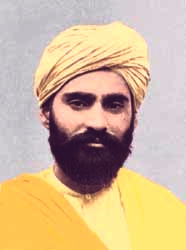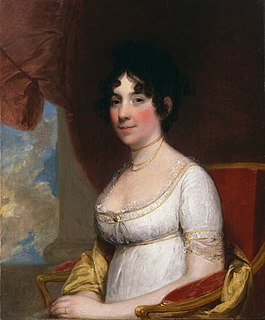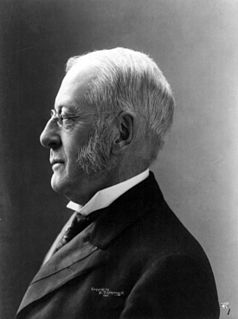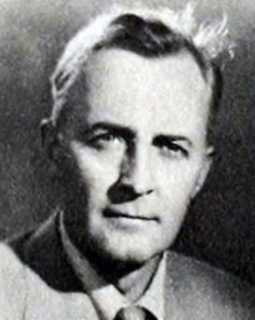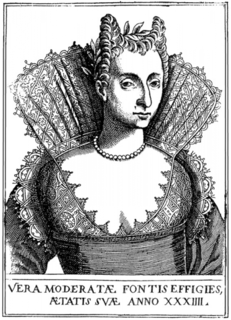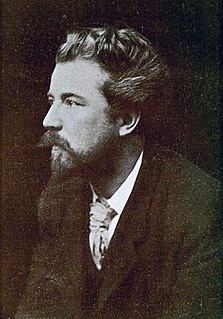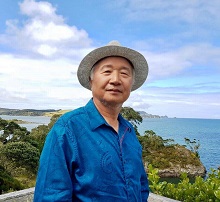Top 1200 Desire For Knowledge Quotes & Sayings
Explore popular Desire For Knowledge quotes.
Last updated on December 2, 2024.
Celebration is not because some desire is fulfilled - because no desire is ever fulfilled. Desire as such cannot be fulfilled. Desire is only a way to avoid the present moment. Desire creates the future and takes you far away. Desire is a drug; it keeps you stoned, it does not allow you to see the reality - that which is herenow.
Are not our desires inseparably intertwined with the continuation of life? Even the idea of eliminating desire is fruitless. The desire to eliminate all desire is still itself a desire. How can we find release and peace by replacing one desire with another? Surely we shall find peace not by eliminating desire, but by finding its fulfillment and satisfaction in the One who created it.
What then, is correctness of speech but the maintenance of the practice of others, as established by the authority of ancient speakers? But the weaker men are, the more they are troubled by such matters. Their weakness stems from a desire to appear learned, not with a knowledge of things, by which we are edified, but with a knowledge of signs, by which it is difficult not to be puffed up in some way; even a knowledge of things often makes people boastful, unless their necks are held down by the Lord's yoke.
Knowledge is a burden if it robs you of innocence. Knowledge is a burden if it is not integrated into life. Knowledge is a burden if it doesn't bring joy. Knowledge is a burden if it gives you an idea that you are wise. Knowledge is a burden if it doesn't set you free. Knowledge is a burden if it makes you feel you are special.
And liberty cannot be preserved without a general knowledge among the people who have a right from the frame of their nature to knowledge, as their great Creator who does nothing in vain, has given them understandings and a desire to know. But besides this they have a right, an indisputable, unalienable, indefeasible divine right to the most dreaded and envied kind of knowledge, I mean of the characters and conduct of their rulers.
The delight we take in our senses is an implicit desire to know the ultimate reason for things, the highest cause. The desire for wisdom that philosophy etymologically is is a desire for the highest or divine causes. Philosophy culminates in theology. All other knowledge contains the seeds of contemplation of the divine.
And if there be any addition to knowledge, it is rather a new knowledge than a greater knowledge; rather a singularity in a desire of proposing something that was not knownat all beforethananimproving, anadvancing, a multiplying of former inceptions; and by that means, no knowledge comes to be perfect.
When does one ever know a human being? Perhaps only after one has realized the impossibility of knowledge and renounced the desire for it and finally ceased to feel even the need of it. But then what one achieves is no longer knowledge, it is simply a kind of co-existence; and this too is one of the guises of love.
An intelligent couple can read their Darwin and know that the ultimate reason for their sexual urges is procreation. They know that the woman cannot conceive because she is on the pill. Yet they find that their sexual desire is in no way diminished by the knowledge. Sexual desire is sexual desire and its force, in an individual's psychology, is independent of the ultimate Darwinian pressure that drove it. It is a strong urge which exists independently of its ultimate rationale.
Fear begins and ends with the desire to be secure; inward and outward security, with the desire to be certain, to have permanency. The continuity of permanence is sought in every direction, in virtue, in relationship, in action, in experience, in knowledge, in outward and inward things. To find security and be secure is the everlasting cry. It is this insistent demand that breeds fear.
The search for truth is, as it always has been, the noblest expression of the human spirit. Man's insatiable desire for knowledge about himself, about his environment and the forces by which he is surrounded, gives life its meaning and purpose, and clothes it with final dignity.... And yet we know, deep in our hearts, that knowledge is not enough.... Unless we can anchor our knowledge to moral purposes, the ultimate result will be dust and ashes- dust and ashes that will bury the hopes and monuments of men beyond recovery.
Ardent desire for knowledge, in fact, is the one motive attracting and supporting investigators in their efforts; and just this knowledge, really grasped and yet always flying before them, becomes at once their sole torment and their sole happiness. Those who do not know the torment of the unknown cannot have the joy of discovery which is certainly the liveliest that the mind of man can ever feel.
In contrast to the knowledge that keeps man in a passive quietude, Desire dis-quiets him and moves him to action. Born of Desire, action tends to satisfy it, and can do so only by the 'negation,' the destruction or at least the transformation, of the desired object: to satisfy hunger, for example, the food must be destroyed or, in any case, transformed. Thus all action is 'negating'.
Without the power of intelligence there is no capacity for spiritual knowledge; and without spiritual knowledge we cannot have the faith from which springs that hope whereby we grasp things of the future as though they were present. Without the power of desire there is no longing, and so no love, which is the issue of longing; for the property of desire is to love something. And without the incensive power, intensifying the desire for union with what is loved, there can be no peace, for peace is truly the complete and undisturbed possession of what is desired.
Strong, deeply rooted desire is the starting point of all achievement. Just as the electron is the last unit of matter discernible to the scientist. DESIRE is the seed of all achievement; the starting place, back of which there is nothing, or at least there is nothing of which we have any knowledge.
When speaking of a "body of knowledge" or of "the results of research," e.g., we tacitly assign the same cognitive status to inherited knowledge and to independently acquired knowledge. To counteract this tendency a special effort is required to transform inherited knowledge into genuine knowledge by revitalizing its original discovery, and to discriminate between the genuine and the spurious elements of what claims to be inherited knowledge.
We have the Noble Desire to help others and benefit the world, without expecting any return or recognition. What makes us great is not our knowledge, skill, money, or power. What makes us great is not our knowledge, skill, money, or power. What makes us truly great is this noble desire, this passion that transcends all separation, goes beyond one's limitations, and wants to hug others and embrace the whole world. This is not something that we need to learn, because we already have it. It just needs to be acknowledged and awakened.
My desire for knowledge is intermittent; but my desire to bathe my head in atmospheres unknown to my feet is perennial and constant. The highest that we can attain to is not Knowledge, but Sympathy with Intelligence. I do not know that this higher knowledge amounts to anything more definite than a novel and grand surprise on a sudden revelation of the insufficiency of all that we called Knowledge before,—a discovery that there are more things in heaven and earth than are dreamed of in our philosophy.
Those without the gate frequently question the wisdom and right of the occultist to guard his knowledge by the imposition of oaths of secrecy. We are so accustomed to see the scientist give his beneficent discoveries freely to all mankind that we feel that humanity is wronged and defrauded if any knowledge be kept secret by its discoverers and not at once made available for all who desire to share in it.
The knowledge is reserved in order that humanity may be protected from its abuse at the hands of the unscrupulous.
You are in the same manner surrounded with a small circle of persons... full of desire. They demand of you the benefits of desire... You are therefore properly the king of desire. ...equal
in this to the greatest kings of the earth... It is desire that constitutes their power; that is, the possession of things that men covet.



